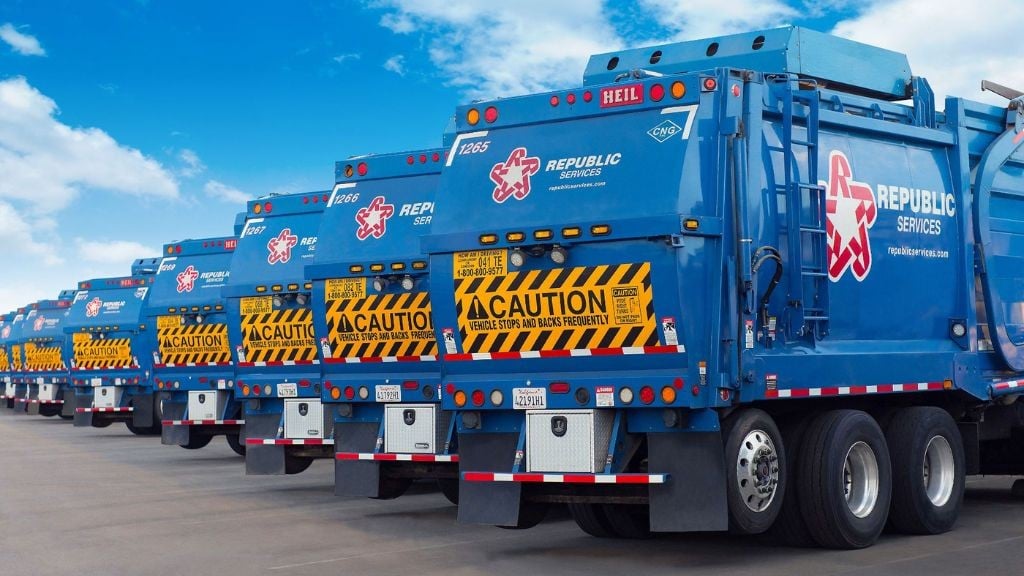Basel Convention proposals to classify plastics as hazardous material and redefine recycling operations
ISRI voices concern over latest proposals that could reshape the recycling industry and how scrap commodities are traded

Ahead of the Basel Convention in Geneva this week, September 3-6, where proposals that could restrict the trade of scrap commodities are on the agenda, the Institute of Scrap Recycling Industries (ISRI) released the following background information.
The Proposals
In March, at the direction of the Basel Convention Conference of Parties, an Expert Working Group began to review the legally binding annex of the Convention that pertains to what is considered hazardous materials as well the annex that determines what are disposal and recycling operations. The European Commission has proposed to redefine certain recycling processes as "treatment" rather than recycling.
In June, the government of Norway submitted a proposal to the Basel Convention secretariat that plastic waste and scrap be moved from Annex IX [wastes not covered in the Convention] to Annex II [Categories of Wastes Requiring Special Consideration or "other wastes"], thereby placing plastic waste and scrap within the scope of the Basel Convention. Norway's intent is to use the Basel Convention to address the marine litter crisis.
What These Mean to U.S. Recyclers
If both are adopted, the proposals could reshape our industry and how we trade scrap commodities. The European definition would consider processes such as dismantling, sorting, crushing, compacting, pelletizing, shredding, blending, and mixing as "mechanical treatment," and thus not recycling. Norway's plastics proposal would mean administrative burdens for plastic scrap traders worldwide.
More troubling for U.S. companies that import or export plastic scrap is that it would place a severe restriction on trade given that the United States is not a party to the Basel Convention, and thus, there are only limited exceptions to prohibitions on trade between parties and non-parties.
ISRI's Position
ISRI believes that the implications of adopting Europe's definition would completely discredit the vital role recycling plays in the international economy. Adopting Norway's plastics proposal would do more to discourage plastics recycling than it would help curb plastic waste in the oceans, and we believe recycling is part of the solution, not the problem.
What Others are Saying
In regards to the European Commission's proposal, the Bureau of International Recycling (BIR), of which ISRI is a member, "intends that its members' manual and mechanical operations - such as dismantling, sorting, compacting, pelletising, and shredding - are correctly allocated in Annex IV as recovery and recycling operations."
A letter to the Basel Convention from representatives of manufacturers, users, processors, transporters, converters, and recyclers of plastic materials which are committed to healthy marine environments as well as the responsible handling of end-of-life plastic materials, including ISRI, states the following in regard to Norway's proposal:
"[T]he proposal will erect new barriers to the responsible shipment, collection, and recycling of used plastics. These impacts will increase risks of material mismanagement, especially in countries lacking adequate recycling infrastructure, which has contributed to the growth of marine debris."
Relevant Facts and Figures
• The U.S. recycling industry supports more than a half million direct and indirect jobs, contributing $117 billion to the U.S. economy.
• More than 130 million metric tons of recyclables are processed in the United States each year; manufacturers can only consume two-thirds of that amount, with the remaining nearly 40 million metric tons, valued at over $17 billion, is exported.
• Scrap commodities, including plastics scrap, are bought and sold on the global market according to commodity grade specifications (see ISRI's Scrap Specifications Circular).
• The U.S. exported 1.67 million metric tons of scrap plastics in 2017, valued at $633 million (Free Alongside Ship - FAS).
• Global trade of scrap plastics in 2017 was approximately 8.9 million metric tons, with a reported value of $4.3 billion (Cost Insurance & Freight).
• Within the U.S., the plastics recycling industry accounts for more than 25,000 jobs with nearly $1.7 billion of total wages.
• The U.S. Environmental Protection Agency estimates that 50-75 million BTUs of energy are saved with every ton of plastics that is recycled.
• Recycled plastics require 88% less energy to produce new plastic products than the energy needed to produce the non-recycled resins they would replace.
• For every ton of plastics that is recycled, 12 barrels of oil can be kept in the ground.
What's Next
ISRI is working aggressively through multiple channels to prevent these proposals from moving forward. Europe's definition of recycling operations is still under consideration and will only be reported to meeting participants in September. Norway's plastics proposal will be officially tabled at the meeting, and Basel Convention Members, with input from observers such as ISRI, will determine whether or not to pursue a more formal consideration of the proposal.
The Institute of Scrap Recycling Industries, Inc. (ISRI) is the "Voice of the Recycling Industry™." ISRI represents more than 1,300 companies in 21 chapters in the U.S. and more than 40 countries that process, broker, and consume scrap commodities, including metals, paper, plastics, glass, rubber, electronics, and textiles. With headquarters in Washington, DC, the Institute provides education, advocacy, safety and compliance training, and promotes public awareness of the vital role recycling plays in the U.S. economy, global trade, the environment and sustainable development. Generating nearly $117 billion annually in U.S. economic activity, the scrap recycling industry provides nearly half a million Americans with good jobs.



